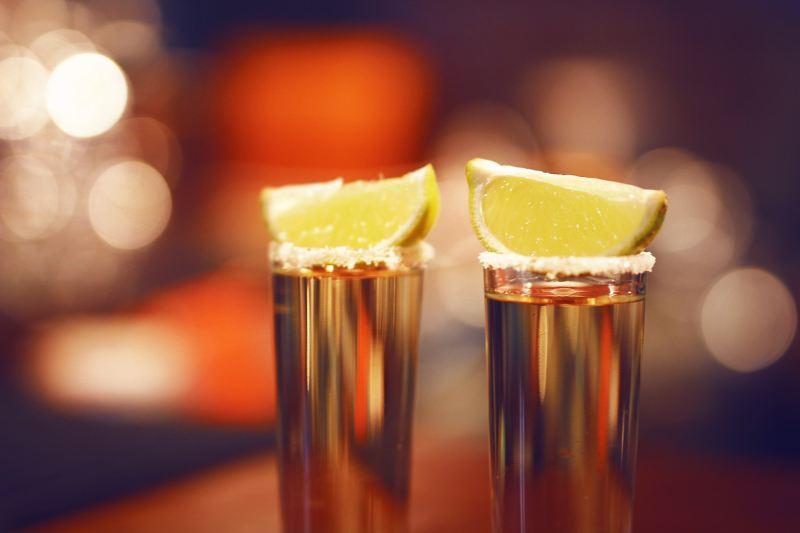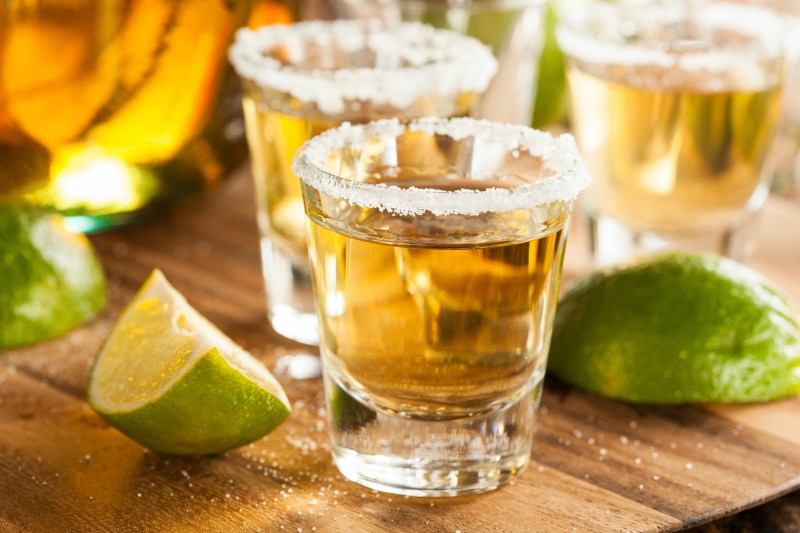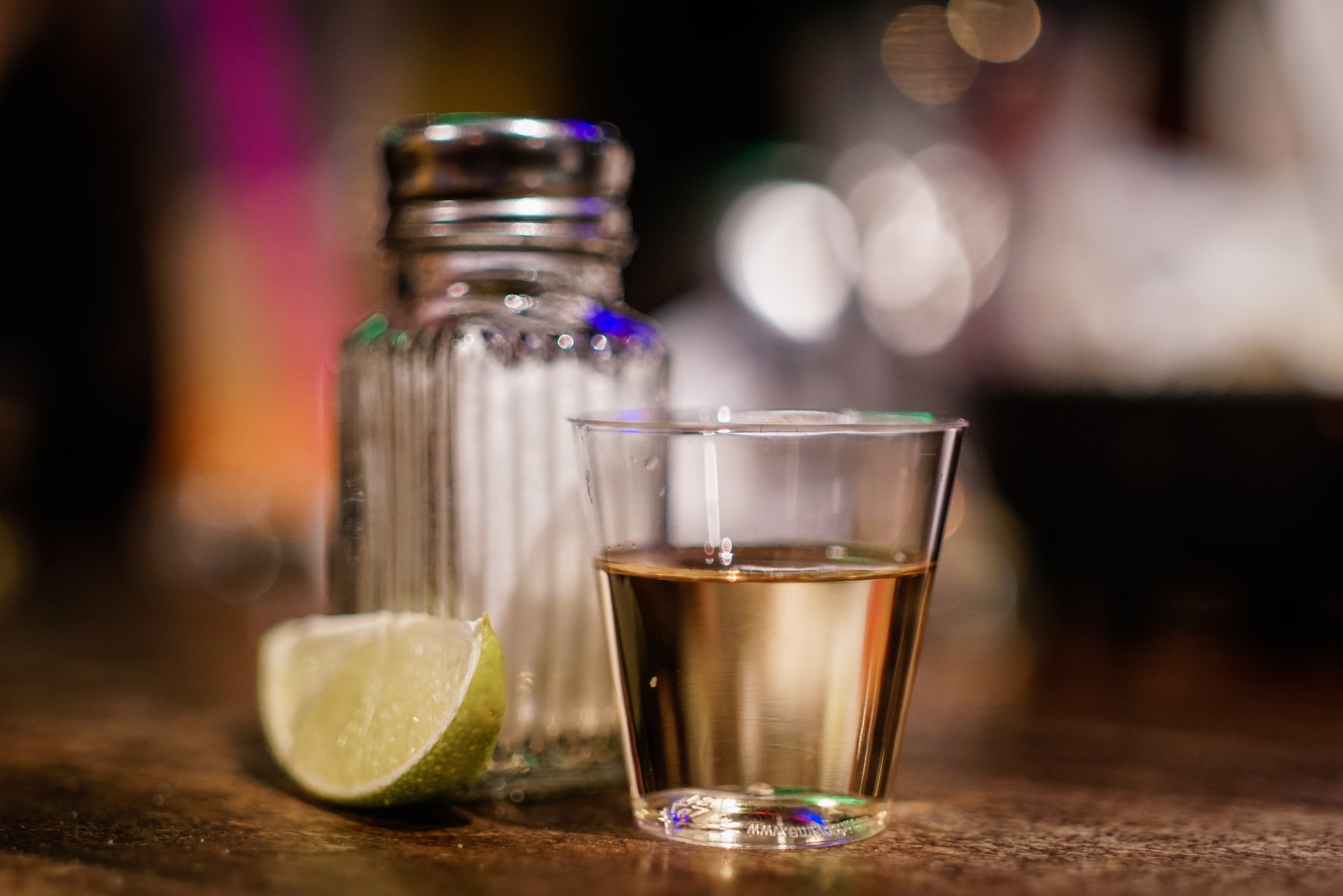
In the alcohol world, tequila is a household name that includes bourbon, Scotch, rum, vodka, and gin. But just because you’ve heard of tequila, that doesn’t mean you necessarily know anything about it. Mezcal isn’t as well-known as its Mexican counterpart, but most avid drinkers have at least heard of this spirit.
And while you might have heard of mezcal and tequila, if you’re not an avid drinker of Mexican spirits, you might not know the difference between the two. That’s okay because, on the surface, the two spirits look the same. Even if you take a moment to nose them, you might find that they smell the same (or at least very similar).
To add to that, the flavors are similar as well (although you might get a little smoke from the mezcal). This is because of one main reason: both spirits are made from agave. But they are not the same spirit. Keep scrolling below to learn a little bout the differences between the two. It’s time to pit mezcal vs. tequila.
Not all mezcal is tequila

There’s a reason the two spirits have different names. Before we dive in too deep, you should remember one key phrase. All tequila is mezcal, but not all mezcal is tequila. This is similar to the phrase “All bourbon is whiskey, but not all whiskey is bourbon”. In the latter, this means that bourbon is a type of whiskey. In the former, this means that tequila is a type of mezcal. That is to say that mezcal is the umbrella term for all agave-based Mexican spirits.
Mezcal vs. tequila: The type of agave matters

While both spirits are made from agave, tequila is made specifically from Blue Weber agave alone. No other agaves are allowed to be used to make this popular spirit. Mezcal, on the other hand, can be made with a large number of agave varieties, including Tobalá, Espadin, Tepeztate, Mexicano, Arroqueño, and countless more.
Mezcal vs. tequila: Geography is important

Both spirits have geographic centers. Unlike bourbon, tequila can’t just be made anywhere in Mexico. It carries specific geographic rules. The spirit is centered in Jalisco, with the town of Tequila as its heart. The spirit can also be made in limited quantities in certain areas of Nayarit, Michoacan, Tamaulipas, and Guanajuato. Mezcal is based in Oaxaca but can be produced in eight more states, including Guanajuato, Guerrero, Zacatecas, Michoacán, San Luís Potosí, Durango, Tamaulipas, and Puebla
Mezcal vs. tequila: How they are made

Traditionally, mezcal is made when the core (or piña) of the agave plant is roasted in underground pits. This is what gives the mezcal its beloved smoky aroma and flavors. Tequila is often steamed in brick ovens or autoclaves. Since all tequila is made with Blue Weber agave, cooking it in this way gives it a specific flavor profile.
Mezcal vs. tequila: Different flavors

On the first sip, without a refined palate or a history of sampling the two, you might think they taste the same. But an aged mezcal, if the agave is roasted the traditional way in underground pits, will have a bit of a smoky flavor along with vegetal agave sweetness, vanilla, oak, and spices. On top of that, since there are so many different types of agave to choose from, the flavor profile can change dramatically from mezcal to mezcal.
Tequila is a little more straightforward when it comes to the flavor profile. Matured tequila like añejo can have aromas and flavors like roasted agave sweetness, vanilla, caramel, and spices.
Mezcal vs. tequila: Aging terms

Both mezcal and tequila are given various terms to define their age. They are blanco (aged no more than two months), reposado (aged between two and twelve months), añejo (aged between one and three years), extra añejo (aged more than three years), joven (a blend of aged and un-aged tequilas), and cristalino (aged tequila that was filtered to remove color and impurities. These aging terms are where mezcal and tequila don’t differ at all.
Mezcal expressions

While tequila only has the above aging terms, there are three different types of mezcals. They are mezcal (this is the industrial, mass-produced version of the spirit), mezcal artesanal (this is the mezcal made using traditional production techniques mixed in with contemporary techniques), and Mezcal Ancestral (this is the mezcal made using only traditional, historical production techniques like distilling in clay pots, roasting in underground pits, and more).
Bottom Line

The best way to get to know mezcal and tequila is to sample as many of both spirits as you can. Take notes on the various aromas on the nose and the flavors on the palate for each. Once you gain a bit of a palate for tasting the spirits, pick a few to taste side by side. You’ll be amazed at the differences and similarities between the two agave-based spirits.



